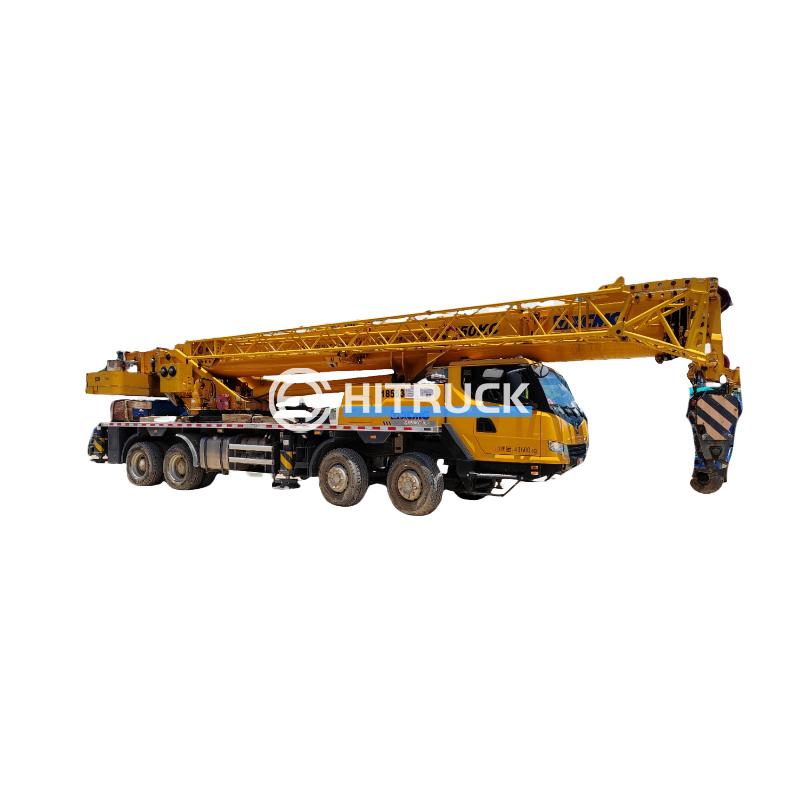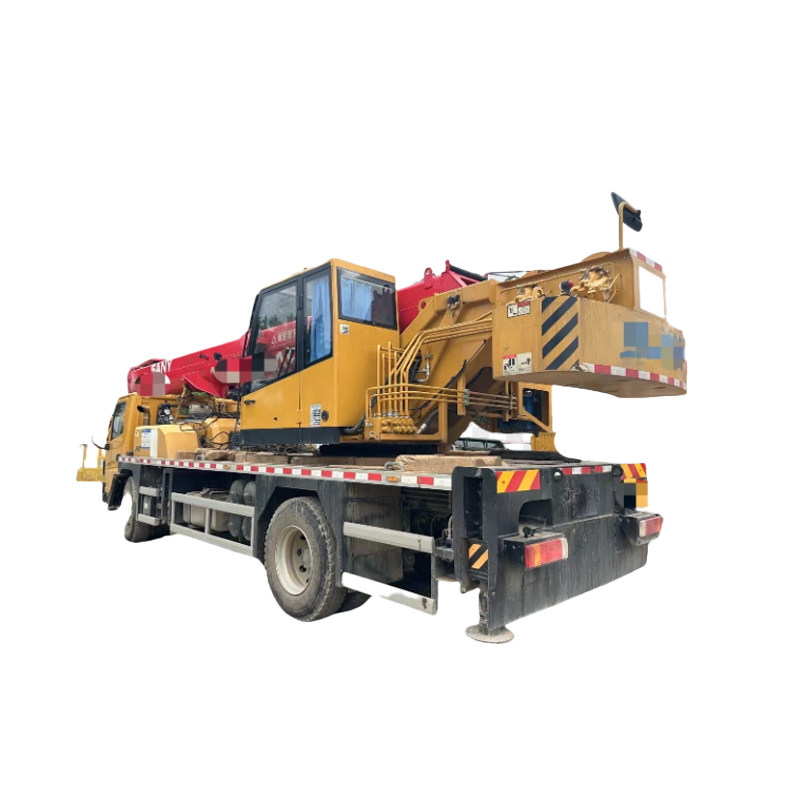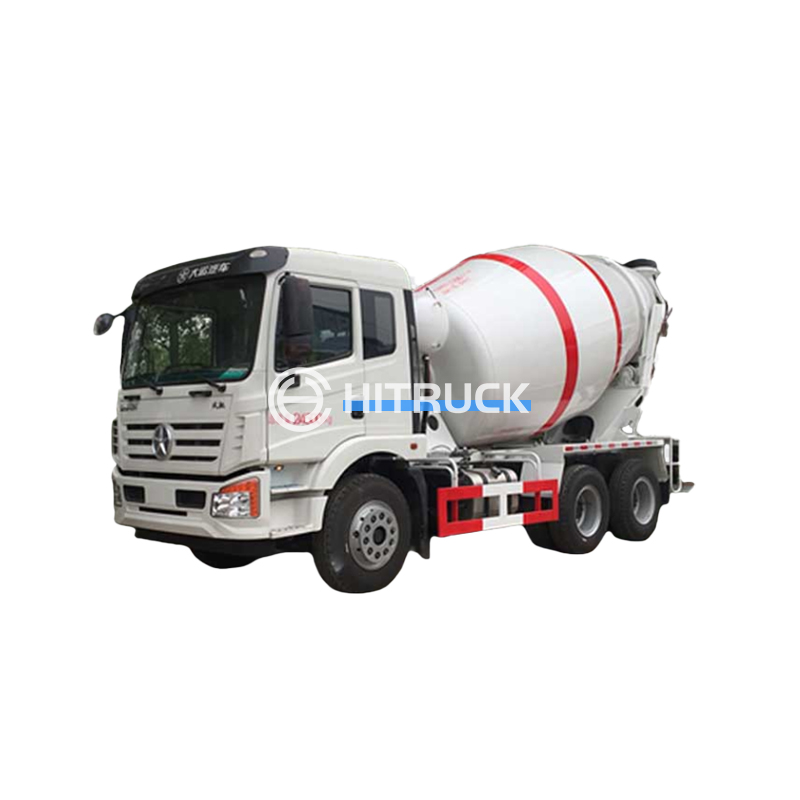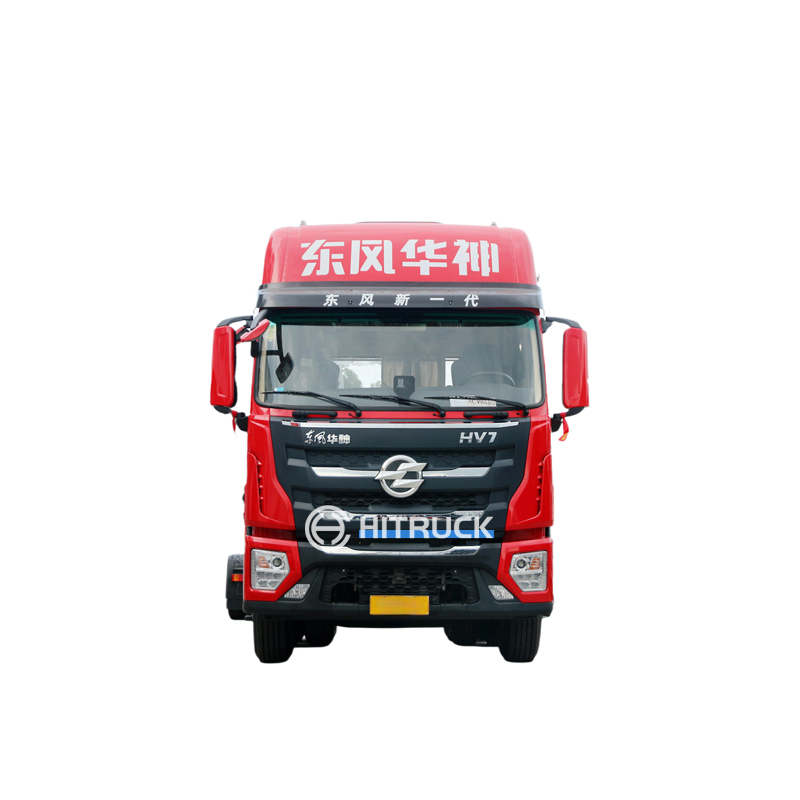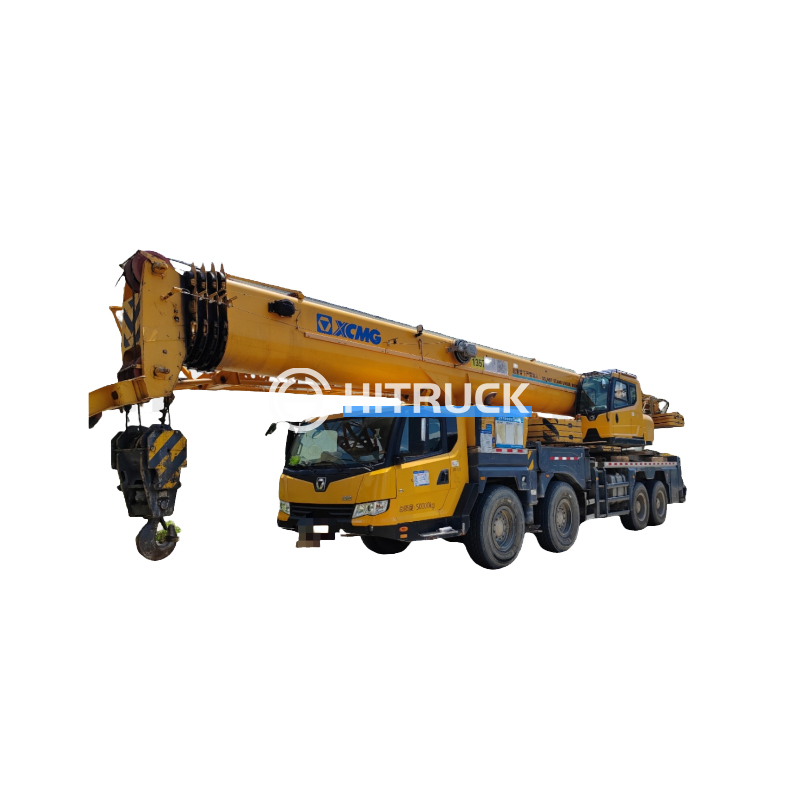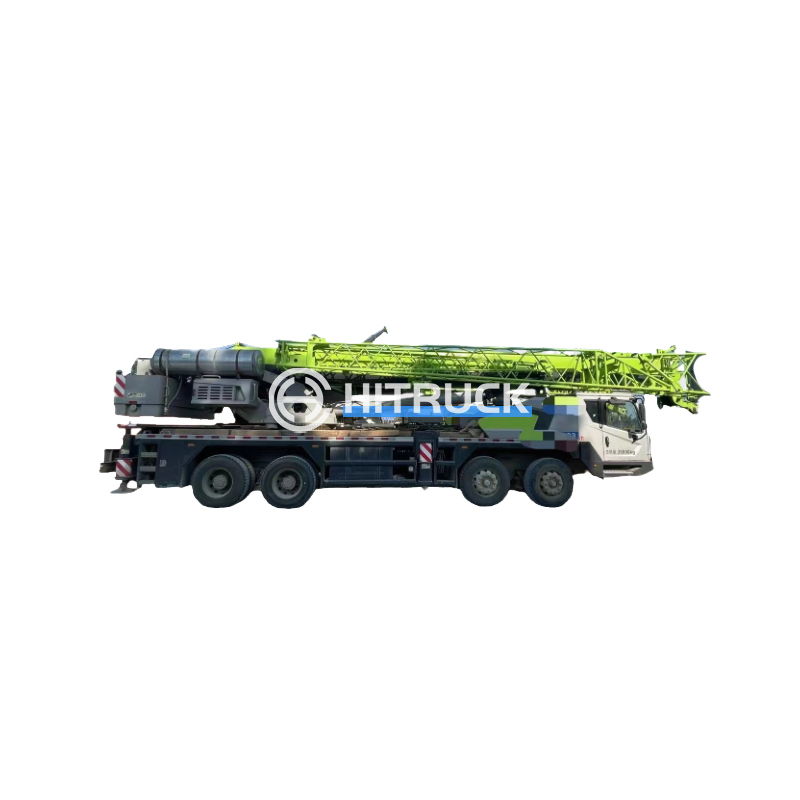How to Choose the Right Sewage Truck for Your NeedsThis guide provides a comprehensive overview of selecting the ideal sewage truck for various applications, considering factors like capacity, features, and maintenance. We’ll explore different types of trucks, crucial specifications, and essential considerations for making an informed purchase decision.
Understanding Your Sewage Truck Needs
Assessing Your Waste Volume and Type
Before investing in a
sewage truck, accurately determine your daily or weekly waste volume. Consider the type of waste – is it primarily domestic sewage, industrial wastewater, or a combination? This will directly influence the required tank capacity and pumping system. Larger volumes necessitate higher-capacity trucks with powerful pumps. The type of waste may also dictate the need for specific tank materials or additional features to handle corrosive or hazardous substances.
Operational Environment and Accessibility
The location of your operation and the accessibility of sites will impact your choice of
sewage truck. Consider the terrain—is it mostly paved or unpaved? Navigating narrow streets or rough terrain requires maneuverability and potentially a smaller truck. Also, assess the height restrictions of the areas you'll be servicing.
Budget and Maintenance
Establish a realistic budget that encompasses the initial purchase price, ongoing maintenance, fuel costs, and potential repairs. Remember, larger and more feature-rich
sewage trucks generally command higher prices and require more extensive maintenance. Factor in the cost of operator training and insurance. Choosing a reputable supplier like Suizhou Haicang Automobile sales Co., LTD (check out their inventory at
https://www.hitruckmall.com/) can help mitigate some of these long-term costs.
Types of Sewage Trucks
Vacuum Trucks
Vacuum trucks use powerful suction to remove sewage and other liquid waste. They are highly versatile and suitable for various applications, including cleaning septic tanks, catch basins, and industrial wastewater. The suction power and tank capacity are key considerations when choosing a vacuum truck.
Combination Trucks
Combination trucks combine vacuum suction with a pressure system for washing and flushing. This makes them suitable for a wider range of tasks, such as cleaning sewer lines and storm drains. They are generally more expensive than dedicated vacuum trucks but offer increased efficiency.
Other Specialized Trucks
Some specialized
sewage trucks are designed for specific tasks or waste types. For example, trucks equipped with heated tanks are ideal for handling viscous materials, while those with specialized filtration systems are suited for handling hazardous waste.
Key Specifications to Consider
The following table summarizes critical specifications for comparing different
sewage trucks:
| Specification | Description |
| Tank Capacity | Measured in gallons or liters, this indicates the volume of waste the truck can hold. |
| Pumping System | Specifies the type of pump (e.g., centrifugal, positive displacement) and its capacity (flow rate). |
| Chassis and Engine | The truck's chassis and engine determine its maneuverability, payload capacity, and fuel efficiency. |
| Safety Features | Essential safety features include emergency shut-offs, warning lights, and operator protection. |
Making Your Decision
Choosing the right
sewage truck involves careful consideration of your specific needs and budget. By understanding the different types of trucks, key specifications, and operational factors, you can make an informed decision that ensures efficient and safe waste management. Remember to consult with reputable suppliers like Suizhou Haicang Automobile sales Co., LTD for expert advice and support throughout the selection and purchasing process. Don't hesitate to ask questions and request demonstrations before making your final choice.

